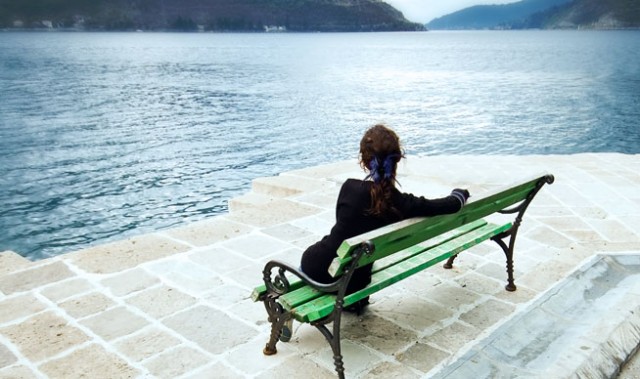“I don’t have enough. I need more. I’m losing my patience.”
What is there about the quality of patience that causes many to respond to the very word with a sense of deficiency?
Being mindful of the causes of our impatience, will help us to learn to minimize them. Impatience and anger are natural feelings, and we don’t want to suppress feelings. However, we do want to be aware of our feelings as they arise so that we don’t speak or act while fires are raging. When in disagreement, we have to learn how to respond to others without becoming unkind and abusive. We are all in this together. There is nothing for us to defend.
With practices like mindfulness, meditation, compassion, and loving kindness we can transform our impatience into more positive, productive energy.
One effective practice is to create a pause between our feelings of annoyance and frustration, and our response to those feelings. It is in that pause that patience can arise naturally. In that pause we can release our inner turmoil and see ways to forgive unskillful actions.
The more patient we become, the more at peace we become. We see that patience is wise and compassionate. Without compassion and a willingness to forgive, the development of true patience would be unlikely. Otherwise, when anger intensifies, it will impede our ability to use sound judgment and envision the consequences of our actions.
Anger, annoyance, and impatience deplete energy. Actions arising from anger can be beneficial only if the actions are grounded in compassion and wisdom. That is skillful behavior and requires a depth of patience and wisdom.
We need to practice cooling emotional fires and alleviating fierce disruptions in our lives. The benefits of developing greater patience will be felt in all our relationships—intimate, casual, and professional—as well as that all-important relationship, the one we have with ourselves.
Allan Lokos’ latest book, Patience: The Art of Peaceful Living, was released 01/05/12. He is also the author of Pocket Peace: Effective Practices for Enlightened Living. Allan is the founder and guiding teacher of The Community Meditation Center in New York City. His writing has appeared in The New York Times, Tricycle Magazine, The Huffington Post, Beliefnet, Back Stage, and Audacious Creativity: 30 Ways to Liberate Your Soulful Creative Energy. He has taught at Columbia University Teachers College, Albert Einstein College of Medicine, Marymount College, The Rubin Museum, New York Insight Meditation Center, The New York Open Center, Tibet House USA, and Insight Meditation Community of Washington. For more on Allan, please visit his website, Facebook page, or follow him on Twitter.












